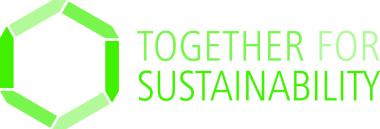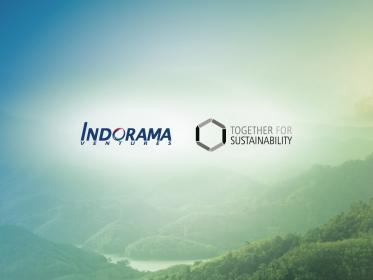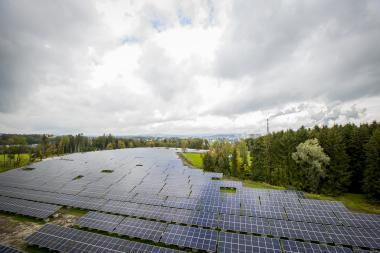SCTI™ and TfS collaborate to accelerate sustainability journey
Sustainable Chemistry for the Textile Industry (SCTI™) and Together for Sustainability (TfS) are teaming up to support and accelerate the leather and textile industry's sustainability journey through sustainable chemistry. Together they will collaborate in driving convergence in standards and methodologies and inspire industry action for a better future.
SCTI is an alliance of leading chemical companies that strives to empower the textile and leather industries to apply sustainable, state-of-the-art chemistry solutions that protect factory workers, local communities, consumers and the environment.
TfS is a member-driven initiative, raising Corporate Social Responsibility (CSR) standards throughout the chemical industry. TfS members are chemical companies committed to making sustainability improvements within their own – and their suppliers’ – operations. TfS has also launched a comprehensive program to foster defossilization of chemical value chains, providing standardization tools to enable effective Scope 3 management based on primary data and launching the TfS Guideline to determine Product Carbon Footprint (PCF).
Both TfS and SCTI share the mission to drive transformational change, and intend to collaborate on advancing the industry’s sustainability goals, leveraging the TfS Scope 3 greenhouse gas emissions (GHG) program.
Sustainable Chemistry for the Textile Industry - SCTI Together for Sustainability Sustainability textile chemistry
Sustainable Chemistry for the Textile Industry (SCTI™) / Together for Sustainability (TfS)





























